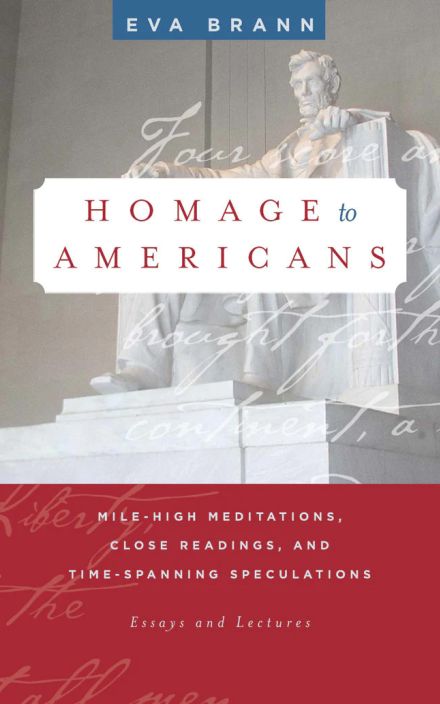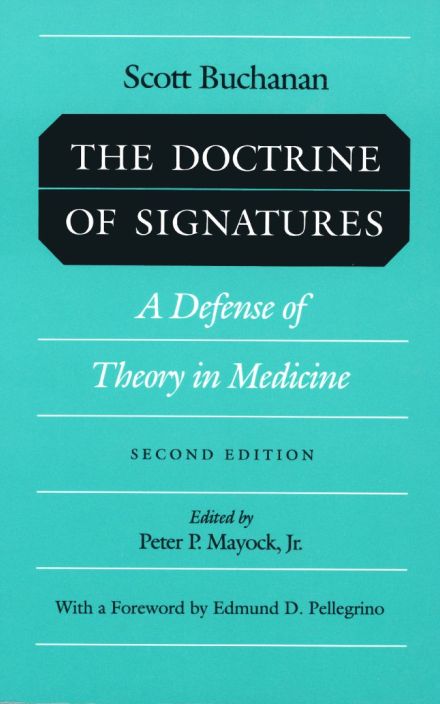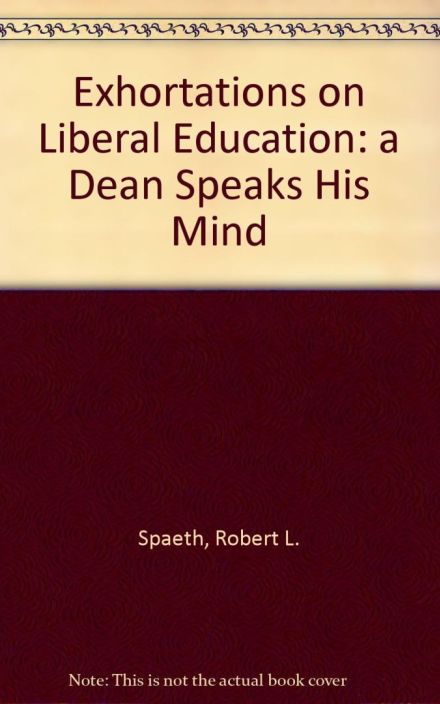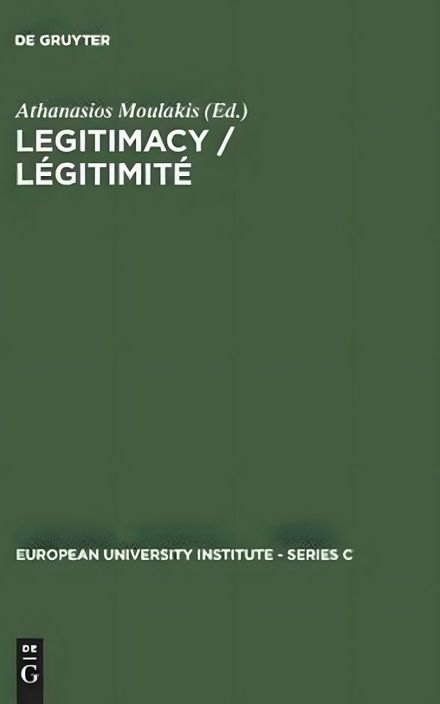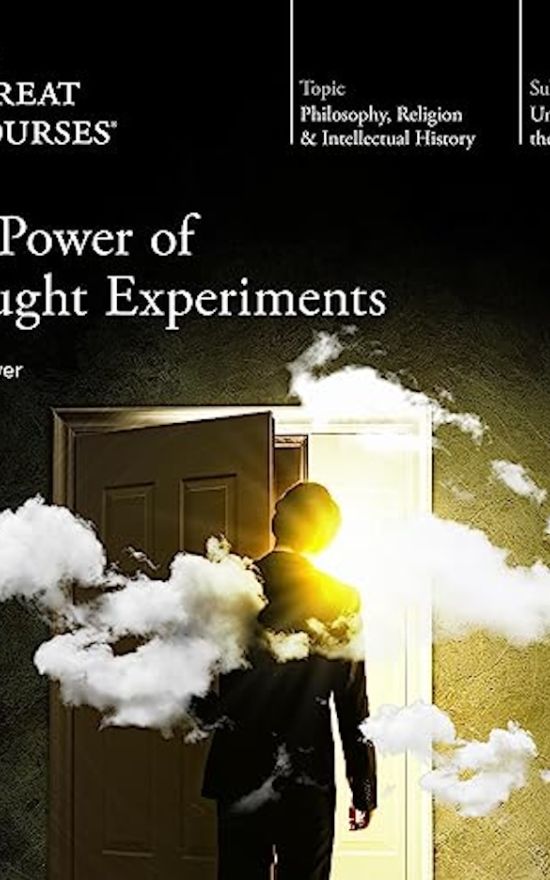
The Power of Thought Experiments
Thought experiments are “what if” scenarios that invite us to look carefully at how we think and view the world. They’ve been used throughout history by philosophers and other thinkers to explore our intuitions and ways of reasoning, to find solutions to problems, and to expand our knowledge of ourselves and the world. In The Power of Thought Experiments, Professor Breyer takes you deeply into the historical tradition of thought experiments, shining a light on both the purpose and the outcomes of these compelling mental voyages:
The Parameters of Ethics. Work through problems that look at what our moral obligations are to others and that challenge our sense of what’s right and wrong, and what we should or shouldn’t do.
· The Boundaries of Identity. Grasp how thought experiments offer a valuable window into what defines the “you” you know yourself to be. Is identity necessarily related to the body? Where does the self begin and where does it end?
“Schrödinger’s Cat.” Within quantum mechanics, see how Schrödinger’s scenario, which pictures a cat and a potentially lethal device within a steel chamber, uncovers a serious theoretical problem: according to the standard view of quantum theory, the cat in the chamber is both alive and dead.
Is Your Will Free? We think of ourselves as acting from free will. But is this the case? Study thought experiments that assess whether our choices are truly free, or whether they’re determined by prior or surrounding causes.
A Brush with Immortality. You’ve taken a pill that allows you to live forever. Witness how thought experiments have been used to explore immortality as a means for investigating whether endless life is truly desirable, and what makes a (mortal) life truly worth living.
Join history’s great thinkers in The Power of Thought Experiments—for an extraordinary journey into your own mind.


